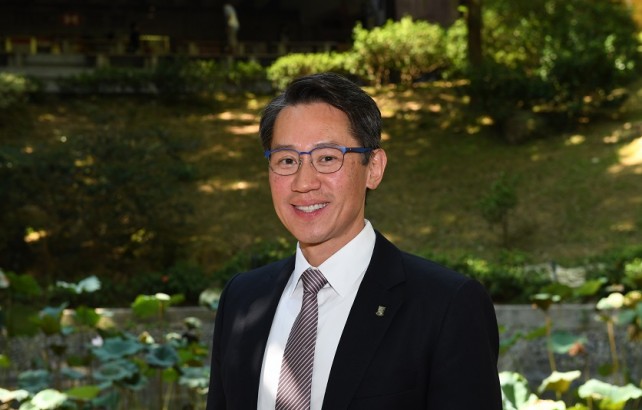
In the past couple decades, we witnessed a tectonic transformation in the post-secondary education sector. While higher education is increasingly dynamic and collaborative; the tightened access to resources and talents also makes it ever more competitive and fragmented. In addition, as the relationship between a university and its diverse stakeholders becomes more complex, the role of academia is also being questioned and reassessed. Take for instance, there’s a global trend in the increasing government appraisal, regulation, and clout on university’s research, teaching, and knowledge exchange enterprise.
Taken together, a palpable anxiety exists in the academia and the broader community on the potential commoditization of education. Furthermore, social polarization, divergent public opinions and policies, concerns regarding affordability and access, and mounting financial pressure will continue to impact how a university sets its agenda. With skyrocketing cost of a university education in the US and elsewhere, the once accessible public education as an engine for social and economic mobility for the disadvantaged seems like a distant memory.
So what are universities to do?
Perhaps history can offer some guidance. Centuries ago, the emergence of liberal arts education and, more recently, the establishment of Land-Grant universities profoundly affected the core mission of higher education in talent cultivation and knowledge generation in the US. “Sifting and winnowing” was not a hallow credos but the guiding principle in how a responsible university should deliver greater good and guard the freedom to pursue truth. We should return to these timeless core values but that would require a concerted effort and dedication.
Take “talent cultivation” as a long-standing mission of any higher education institution, the balance of technical learning and soft skills development in the curriculum is critical in addressing the uncertain future career landscape and the impact that disruptive technologies would have on the community. It is my firm belief that a global outlook combined with local connectedness is essential in our ever-expanding educational mission. Academic excellence and societal impact will be heightened alongside an unwavering commitment at fostering outward-looking mindset and skills to work across boundaries.
“Internationalization” as an institutional strategy provides a vehicle to augment an outward-looking mindset thus enhancing institutional core mission in talent cultivation and knowledge generation. There are volumes of evidence to support this premise. Transdisciplinary research involving international collaborators leads to higher impact and better quality research. Diversity in the broadest sense drives innovation and creativity thus enabling our students and academics to tackle global grand challenges.
Students with outbound experience develop better transversal and soft skills making them more adaptable to an undefined future. As such, internationalization has become an important part of the institutional strategic development worldwide. For instance, at the University of Hong Kong and universities elsewhere, international learning opportunity is a critical cornerstone in student experience as it provides a unique platform to foster innovative attributes. Such personal characteristics include outward looking, immense curiosity, self motivation, calculated risk taking, agile adaptability, social consciousness, effective planning, skillful networking, and the all important, continuing self reflection. These desirable traits empower the students to tackle future uncertainties.
In our ever changing world, university campuses are a microcosm of our society reflecting our darkest worries but also our boundless creativity and brilliant capacity to do good. Harnessing our collective genius to sustain innovation in education and knowledge creation would require commitment and courage. “If we want something we never had, then we have to do something we’ve never done.” The audacity to inquire, to reach out, to innovate, and to grow is how we can make this world a better place. Isn’t that what universities are good at?
W. John Kao is Pro-Vice Chancellor at the University of Hong Kong.
For more information on the internatioal forum World After University, please visit this website.










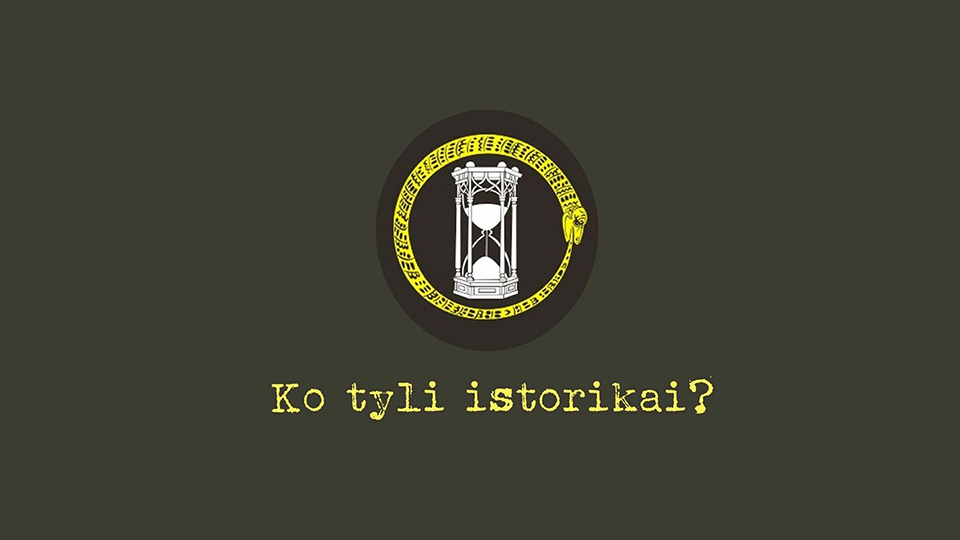
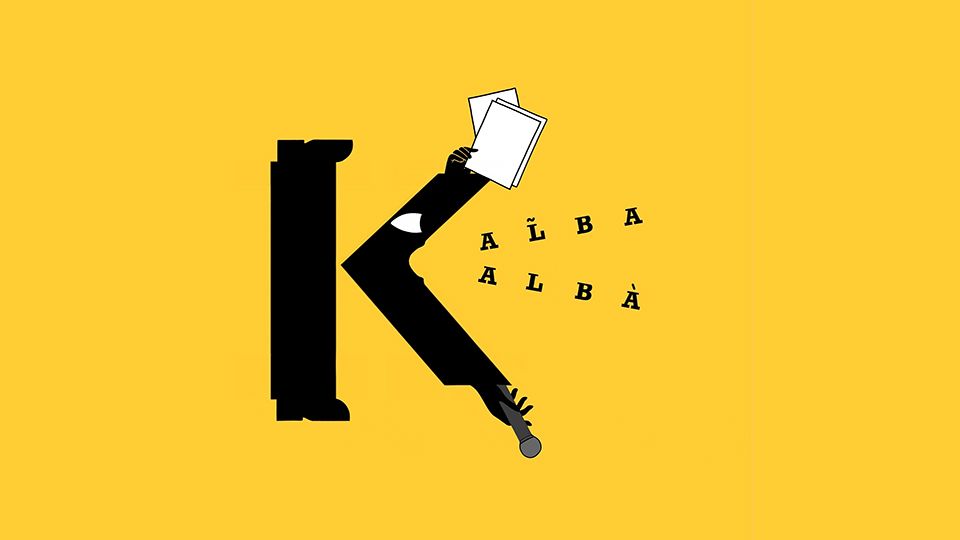
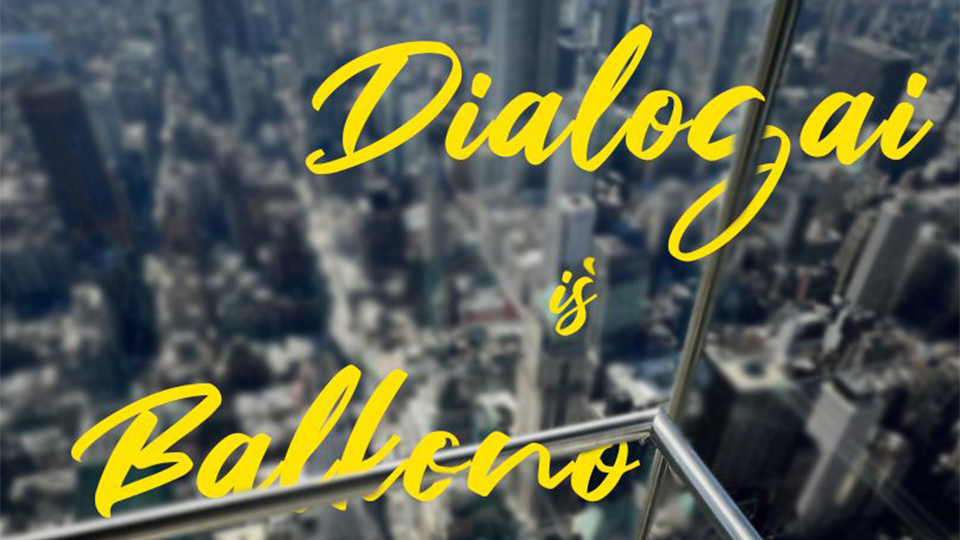
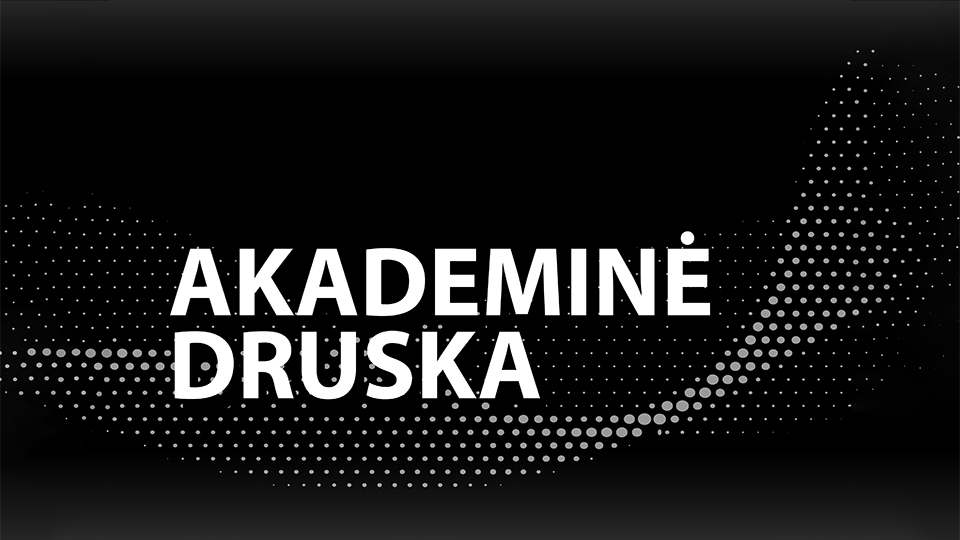

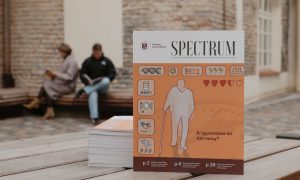
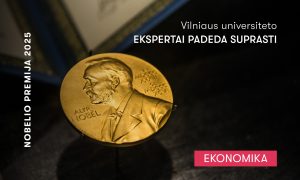

Komentarų nėra. Būk pirmas!